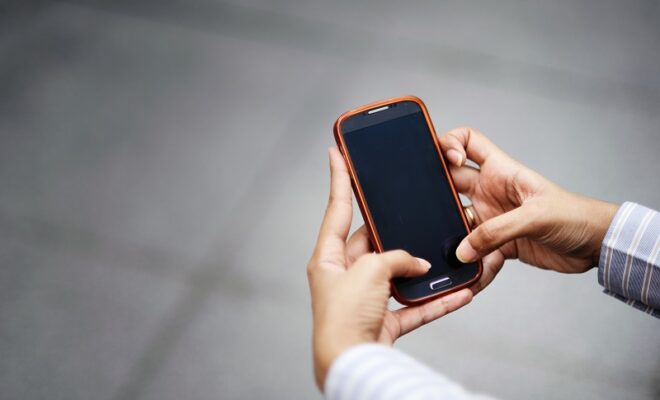Smart Phone Usage Can Predict Crime: Bath University Research

Last updated on February 22nd, 2022 at 03:53 am
Smartphone usage could actually be detrimental to revealing the private data of a user via various mobile apps, research undertaken by some British universities has shown.
Researchers from the Universities of Lancaster and Bath are said to have analyzed smartphone data from 780 people. They used data collected over 4680 days of which each day included app usage data that was put into statistical models. Each of these days was then paired with one of the 780 users, such that the models learned people’s daily app use patterns.
Developed on AI models, the system can pick data “Our models, which were trained on only six days of app usage data per person, could identify the correct person from a day of anonymous data one-third of the time,” said David Ellis from the University of Bath.
The researchers also tested whether models could identify an individual when provided with only a single day of smartphone activity that was anonymous and not yet paired with a user. This was also made possible.
Related Posts
This kind of mapping could actually predict the movement of criminals. According to Professor Paul Taylor from Lancaster University “In practical terms, a law enforcement investigation seeking to identify a criminal’s new phone from knowledge of their historic phone use could reduce a candidate pool of approximately 1,000 phones to 10 phones, with a 25 per cent risk of missing them.” What is interesting to note is that while this creates predictability that can be used effectively for law enforcement, it also poses a risk of personal data infringement, according to Heather Shaw from Lancaster University. Therefore, it is important to acknowledge that app usage data alone, which is often collected by a smartphone automatically, can potentially reveal a person’s identity.



